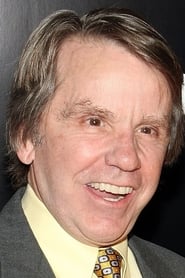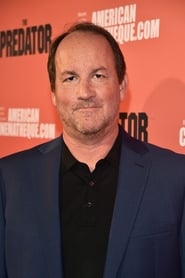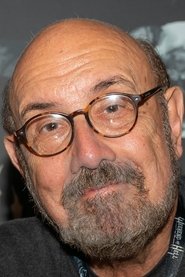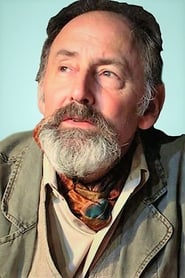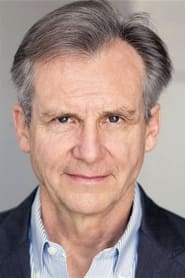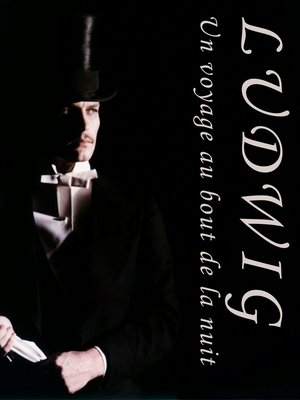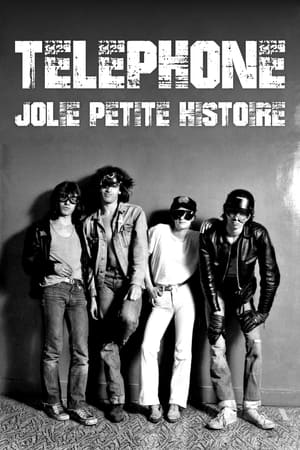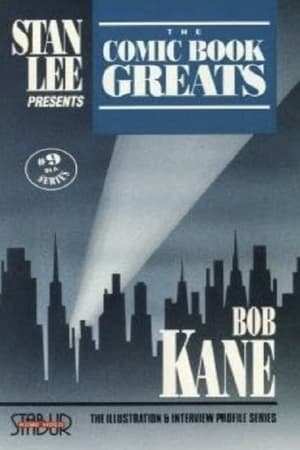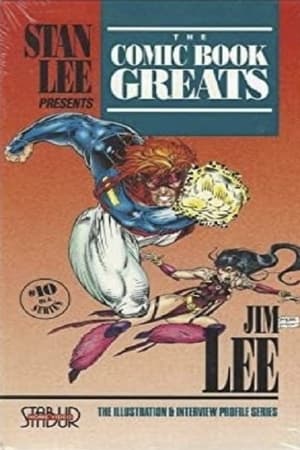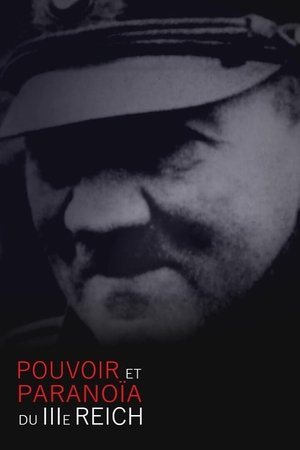
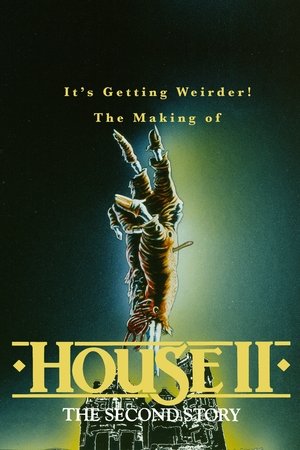
It's Getting Weirder! The Making of "House II"(2017)
Retrospective documentary featuring interviews with Ethan Wiley, Sean S. Cunningham, Arye Gross and Jonathan Stark, among others.

Movie: It's Getting Weirder! The Making of "House II"
Top 10 Billed Cast
Similar Movies
 7.5
7.5Grizzly Man(en)
Werner Herzog's documentary film about the "Grizzly Man" Timothy Treadwell and what the thirteen summers in a National Park in Alaska were like in one man's attempt to protect the grizzly bears. The film is full of unique images and a look into the spirit of a man who sacrificed himself for nature.
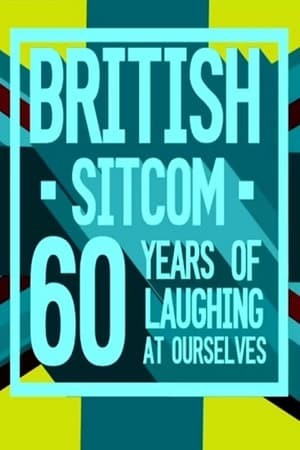 5.7
5.7British Sitcom: 60 Years of Laughing at Ourselves(en)
Documentary celebrating the British sitcom and taking a look at the social and political context from which our favourite sitcoms grew. We enjoy a trip through the comedy archive in the company of the people who made some of the very best British sitcoms. From The Likely Lads to I'm Alan Partridge, we find out the inspiration behind some of the most-loved characters and how they reflect the times they were living in.
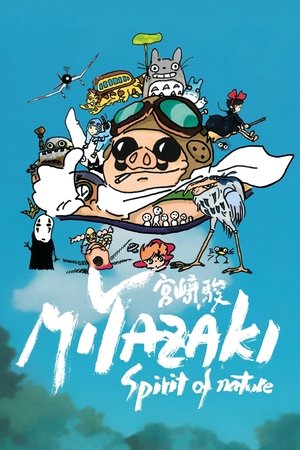 0.0
0.0Miyazaki, Spirit of Nature(fr)
A documentary that focuses on Hayao Miyazaki’s deep connection to nature and the environmental themes expressed through his films.
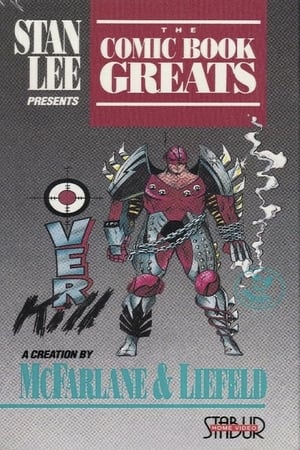 0.0
0.0The Comic Book Greats: Rob Liefeld and Todd McFarlane(en)
Rob Liefeld and Todd McFarlane create a new character.
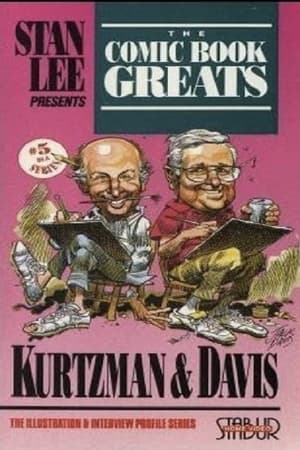 0.0
0.0The Comic Book Greats: Harvey Kurtzman and Jack Davis(en)
Stan Lee interviews Harvey Kurtzman and Jack Davis
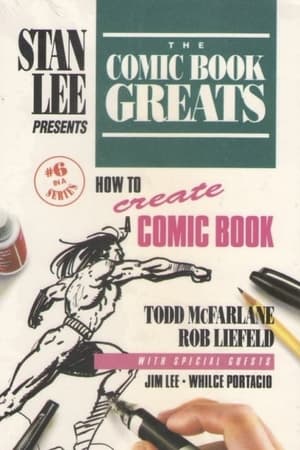 0.0
0.0The Comic Book Greats: How to Create a Comic Book(en)
Todd McFarlane, Rob Liefeld, Jim Lee and Whilce Portacio show Stan Lee how to create a comic book.
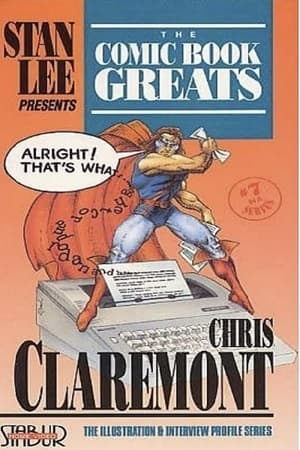 0.0
0.0The Comic Book Greats: Chris Claremont(en)
Stan Lee interviews Chris Claremont
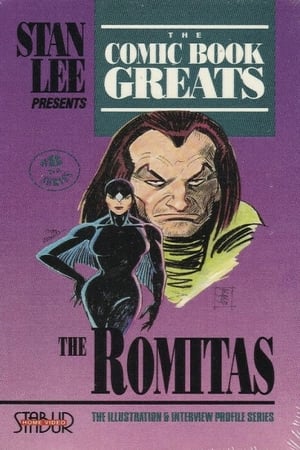 0.0
0.0The Comic Book Greats: The Romitas(en)
Stan Lee interviews John Romita and John Romita Jr.
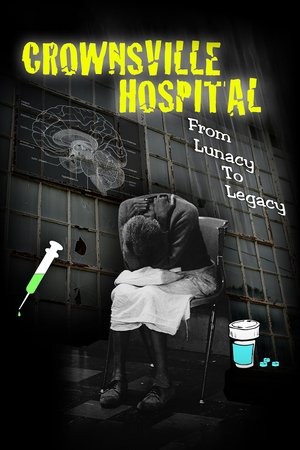 7.2
7.2Crownsville Hospital: From Lunacy to Legacy(en)
Crownsville Hospital: From Lunacy to Legacy is a feature-length documentary film highlighting the history of the Crownsville State Mental Hospital in Crownsville, MD.
 0.0
0.0Neukölln Spiderman(tr)
Facing the risk of deportation from Germany, Altay learns that he must present a valid reason to the immigration office to stay. On his way home, he encounters a man wearing a Spider-Man mask and, curious about his valid reason, conducts a brief interview. During their conversation, Altay realizes that a series of encounters has been helping him make sense of his recent anxieties. Inspired by this, he begins recording conversations with people who share a similar sense of delusion and brings strangers into organic dialogues. Through a blend of fiction, documentary, and animation, the film explores ...
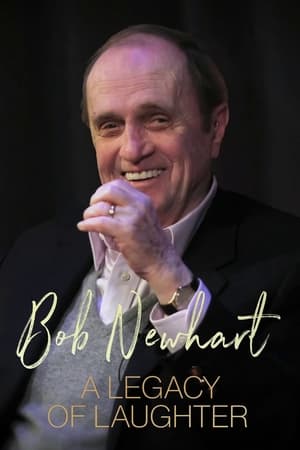 0.0
0.0Bob Newhart: A Legacy of Laughter(en)
Nischelle Turner hosts a tribute to the late comic with a look back at his 70-year career, featuring never-before-seen interviews and his final interview from his home in Los Angeles.
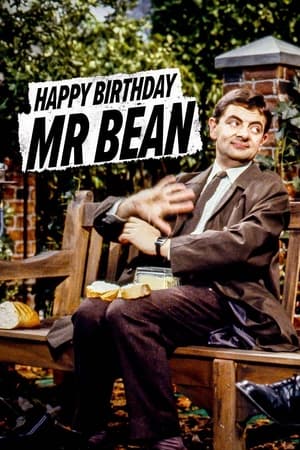 7.8
7.8Happy Birthday Mr Bean(en)
A celebratory documentary looking back at the 30 years since comedy legend Mr Bean landed on our screens. This documentary explores the magic behind this unlikely hero.
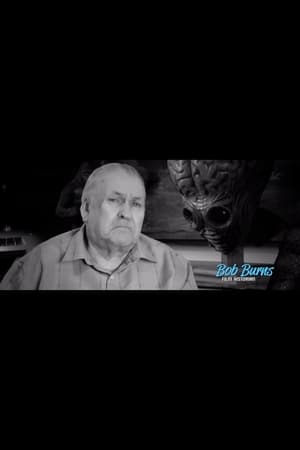 7.0
7.0Auteur on the Campus: Jack Arnold at Universal!(en)
A documentary about the career of director Jack Arnold at Universal-International Studios. (An early version of this film, only 20 minutes in length, was screened in 2012.)
